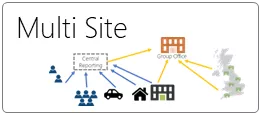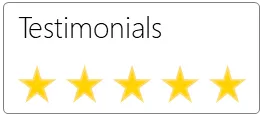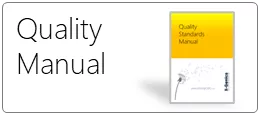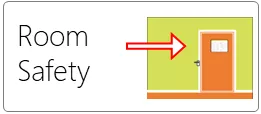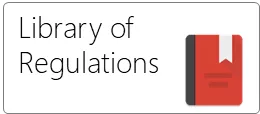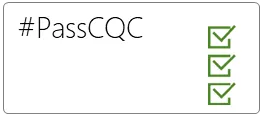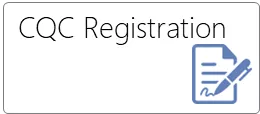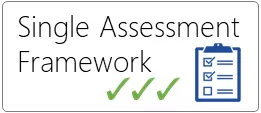Why the Professional Standards Passport Works Better Than Click-Through Training
Most practices now use some form of online training. It’s convenient, it prints certificates, and it looks tidy for CQC.
But here’s the problem: completion doesn’t equal understanding.
The tick-box trap
Online training often becomes a race to finish modules rather than a chance to learn. Staff click through the slides, take the quiz, download the certificate — and forget half of it by the next day. Managers see 100% completion and assume the team is compliant. In reality, few could explain how those policies apply in their daily work.
The Passport difference
The Professional Standards Passport turns that model upside-down.
It’s a pocket-sized handbook that brings together policies, standards, and personal development in one place. Staff keep it with them, use it in supervision, and record their reflections and progress.
It’s not just training — it’s learning in action.
- Staff take ownership of their own competence.
- Knowledge is available instantly on the job.
- Managers can see real evidence of reflection, not just a certificate.
- It supports “coffee-table” learning sessions and peer discussion.
Why it matters for CQC
The CQC’s Framework asks inspectors to find evidence that staff understand and apply the principles of safe, effective, caring, responsive, and well-led care.
The Passport provides that evidence directly — written by the people delivering the service.
The human factor
The Passport isn’t anti-technology. It’s pro-learning.
Where online systems measure attendance, the Passport measures absorption. It gives every staff member a reason to pause, think, and connect what they’ve read to what they do.
A better guarantee of real compliance
When training lives in a person’s pocket rather than on a computer, it becomes part of daily practice.
That’s the kind of lived compliance that survives inspections — and builds safer, stronger teams.
The Proof
The Winterbourne View incident showed that the Management had spent considerable resources to craft exemplary policies and system documents
However, this did not filter down to the frontline, usually becasue staff do not have the time or motivation to read and retain dozens of 20 page policies
A short focused policy is far more effective for learning, retention and application to real life
A Quick Comparison
| Subject | Digital LMS | Professional Standards Passport |
| Learning Model | Top-Down Delivery | Bottom-Up Reflection |
| Engagement | Passive | Active & Peer-Led |
| Evidence | Completion Certificates | Authored Reflections |
| Regulation 18 | Shows Training Given | Proves Competence Gained |
| Integrity | Tick-Box Risk | Personal Accountability |
| Cultural Effect | Compliance Fatigue | Reflective Practice |


